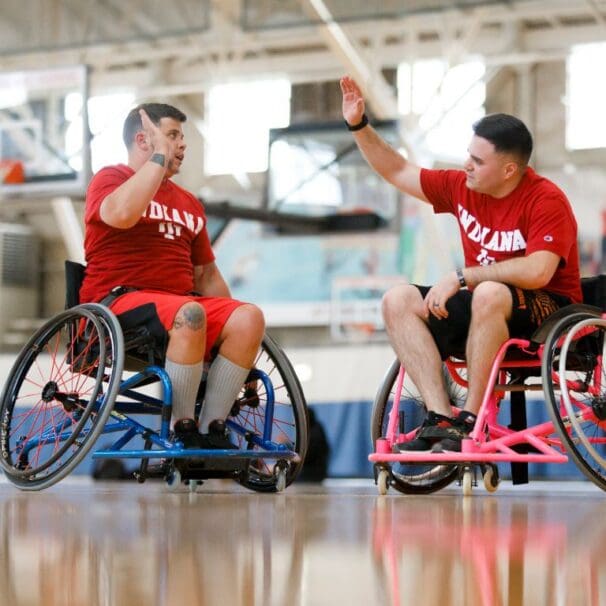HealthProviders DB is a comprehensive database of healthcare providers, including a complete directory of all Recreation Therapists.
Respiratory, Developmental, Rehabilitative and Restorative Service Provider Healthcare Taxonomy Code 225800000X
As of today, the following are the total number of Recreation Therapists nationally, in your State, and near your location.
Select a State below to view the list by State. Additionally, you can narrow the list by city, among other options, from the Filter Panel, which you can open by clicking the vertical ellipses ⋮ in the upper right corner of the app.
Alaska – Alabama – Armed Forces Pacific – Arkansas – American Samoa – Arizona – California – Colorado – Connecticut – District of Columbia – Delaware – Florida – Federated States of Micronesia – Georgia – Guam – Hawaii – Iowa – Idaho – Illinois – Indiana – Kansas – Kentucky – Louisiana – Massachusetts – Maryland – Maine – Marshall Islands – Michigan – Minnesota – Missouri – Northern Mariana Islands – Mississippi – Montana – North Carolina – North Dakota – Nebraska – New Hampshire – New Jersey – New Mexico – Nevada – New York – Ohio – Oklahoma – Oregon – Pennsylvania – Puerto Rico – Palau – Rhode Island – South Carolina – South Dakota – Tennessee – Texas – Utah – Virginia – Virgin Islands – Vermont – Washington – Wisconsin – West Virginia – Wyoming
Medicare
The following are the total number of Recreation Therapists who accept Medicare in your State, the number who have opted out of Medicare, and the total number excluded from participation in Medicare nationwide.
The diagram below shows all the Recreation Therapists across the country, represented by blue bubbles. The larger the bubble, the greater the concentration of providers in that area. Red bubbles represent Medicare-excluded providers, with the larger bubbles indicating a higher percentage of excluded providers in that region. You can change the bubble size to be based on exclusions from the Size menu.
What do Recreation Therapists do?
Recreational therapists utilize creative, activity-based interventions to help individuals with illnesses, injuries, or disabilities enhance their physical, emotional, social, and cognitive well-being.
They assess patients’ needs and then design treatment plans that incorporate activities such as art, music, dance, sports, games, and community outings to increase independence, reduce stress and anxiety, build confidence, and enhance social skills.
What they do
Assess patient needs: They observe patients, review medical records, and talk with patients, families, and other healthcare professionals to understand a patient’s condition and goals.
Develop treatment plans: They create individualized plans that incorporate therapeutic recreational activities to meet patient goals, such as improving physical function, managing stress, or developing social skills.
Implement interventions: Recreational therapists guide patients through activities such as:
- Arts and crafts
- Music, drama, and dance
- Sports and games
- Community outings
- Animal-assisted activities
- Movement and exercise
Provide support and education: They teach patients new skills, coping strategies, and adaptive techniques to help them integrate what they’ve learned into daily life and the community.
Monitor progress: They track patient progress and adjust treatment plans as needed to ensure goals are met.
Collaborate with healthcare teams: Recreational therapists work alongside doctors, nurses, physical therapists, and social workers to provide comprehensive care.
Goals
Increase quality of life: Ultimately, to help individuals achieve a greater quality of life through purposeful and enjoyable activities.
Improve physical health: To restore physical function and well-being.
Enhance mental and emotional health: To reduce stress, anxiety, and depression.
Develop social skills: To improve a patient’s ability to interact with others and become more independent in their community.
Boost self-confidence: To help patients feel more capable and self-assured.

